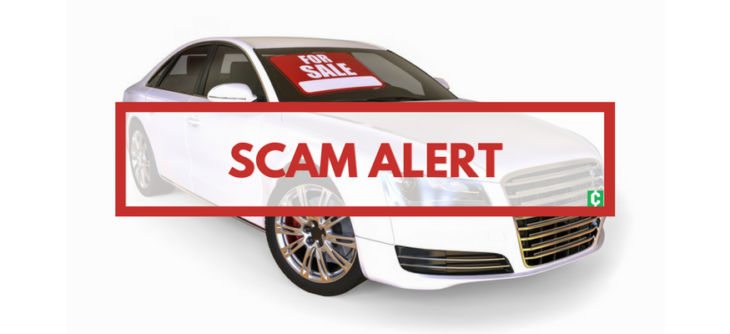When it comes to buying a car, you can save a lot of money by purchasing a used vehicle from a private seller. But there’s also the risk of getting scammed or ripped off. If you choose to go this route, make sure you know how to protect yourself. Make sure to only transact with a reliable used car dealer.
Be Aware of These 3 Scams
If you want a good deal on a vehicle, buying used in a private sale is the best way to go. When compared to a pre-owned vehicle at a dealership or car lot, you can expect to save as much as 10 to 20 percent. But along with this discounted price, you have to absorb some of the risk that a dealer-based transaction protects you from.
Scammers and criminals are always trying new strategies and sleazy techniques, but here are some of the more popular ones you have to keep an eye on:
- Title Washing
The value of a vehicle is, at least in part, directly related to the status of the title. If a vehicle has been involved in a serious accident, the DMV will give it a “salvage” status. Technically, if rebuilt, the vehicle can still be driven. However, it’ll never obtain a clean status again. This leads to a situation where the seller has to significantly reduce the price in order to find a buyer.
A title washing scam is one where the seller avoids the salvage status by hiding that the vehicle has been through significant damage – such as a major collision, flood, or other accident. If the vehicle has already been given a salvage status, the individual may move the title from state to state, hoping to find a state that doesn’t recognize the “salvage” label. When the vehicle’s history has been “washed,” the individual will sell it.
The best way to avoid a title washing scam is to check the VIN number online. Even if the current title is technically clean, a VIN check will reveal whether it has ever been registered as a salvaged vehicle in the past.
- Escrow Scams
When conducting a private sale, the idea of putting money into an escrow account might put your mind at ease. After all, it requires the exchange of the vehicle to happen before your money goes into the hands of the seller. However, dishonest sellers have been known to conduct escrow scams where you deposit money into a fake escrow account. Once the money arrives, the seller splits, and you’re left with no money and no vehicle.
To avoid an escrow scam, use a secure marketplace or payment network. Swap Motors, which is an independent online marketplace, is one good option. It features inspections, safe meeting places, and secure transactions that are overseen by a third party.
- Odometer Fraud
Since mileage significantly impacts a vehicle’s value, unscrupulous sellers may attempt to mess with the odometer and make it look like a vehicle has lower mileage than it actually does.
In order to prevent yourself from becoming a victim of odometer fraud, you should conduct a thorough investigation into a vehicle’s history. With maintenance and inspection records, you can compare actual mileage on the odometer to mileage that was previously recorded. You can also use your own intuition and judge a vehicle’s mileage by the condition, wear and tear, and presence of replacement parts.
Buy Used, Be Safe
If you’re going to buy a used vehicle from a private party seller, you need to be smart. If a deal looks too good to be true, it almost certainly is. Use your intuition and avoid anything that seems suspicious. Saving a little bit of money isn’t worth the risk that stems from these scams.
Regardless of where you find a vehicle, you need to stay safe. Don’t let a smooth-talking seller pressure you into anything. If you don’t think you have what it takes to sniff out a scam, bring along a trusted friend who isn’t afraid to make you walk away from a deal.
Take your time and remember that you don’t have to buy the first vehicle you see. The used car buying process takes time and patience. The more you realize this, the less likely it is that you’ll be taken advantage of.









